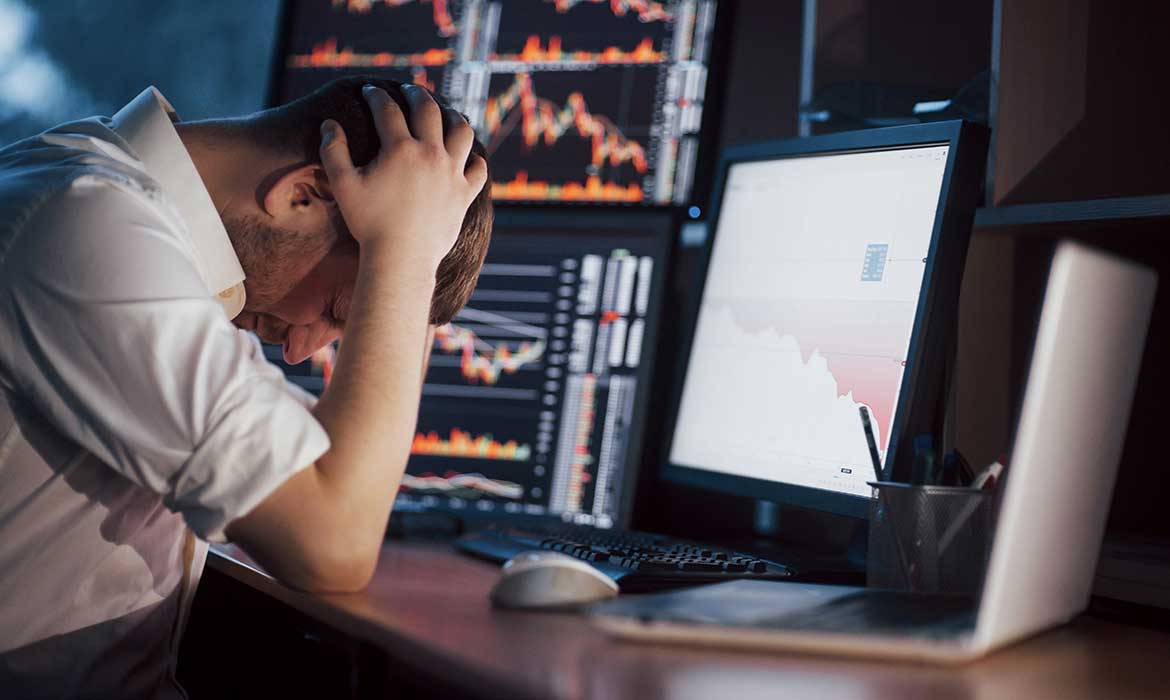The foreign exchange (forex) market provides one of the most attractive investment opportunities in the world. It offers traders a unique and lucrative opportunity to make significant returns over short periods due to its immense liquidity and 24/7 availability. However, there are also risks associated with trading forex in Singapore, including fraudulent activities by companies or individuals who can take advantage of inexperienced investors. Knowing how to spot a forex scam can help you protect your investments and avoid costly losses.
Table of Contents
Research the company
Before investing in any company offering forex services, it is essential to do your research on their background and credentials. Make sure they are registered with the Monetary Authority of Singapore (MAS), which regulates all financial institutions within the country and ensures that they meet legal standards of operation. Additionally, you should confirm if the company is endorsed by the International Organisation of Securities Commissions (IOSCO), as this indicates that it follows international best practices for currency trading.
Consider customer service
Customer service is an essential indicator of a company’s reliability and professionalism. Take note of how quickly and efficiently customer queries are answered via telephone or email. Companies with poor customer service may be trying to hide their lack of knowledge or don’t care about their customers’ experience. Moreover, some companies may promise unrealistic returns, so it’s best to be wary of such claims.
Research the trading platform
Most forex brokers provide their proprietary trading platforms, which are usually user-friendly and easy to use. However, before investing your money in a broker’s platform, it is essential to research its security measures and ensure that it provides real-time market data. Some fraudsters may exploit the inexperienced by using outdated technology or providing false information.
Review fees and commissions
Fees and commissions related to currency trading can heavily impact your bottom line, so research these carefully before making any investments. Many fraudulent companies may make exaggerated claims regarding the low commissions they offer while also having hidden fees that are not disclosed to investors. Make sure to review all terms and conditions of currency trading with a broker before investing your money.
Monitor for suspicious activities
When trading currency, it is essential to vigilantly monitor the market for any suspicious or unusual activity. In addition, you should watch out for emails from unknown sources that promise unrealistic returns related to currency trading, as these are usually signs of a forex scam. If you have doubts about the legitimacy of a company or its activities, it is best to stay away and look for more reliable options.
What are some of the common scams in the Singapore forex market?
Now that you know how to identify scams, you should know what scams are around to ensure you can avoid them at all costs. Avoiding these scams will help you maximise the return on your investments and ensure that you are making informed decisions.
Unregulated brokers
Unregulated brokers are the most common type of currency trading scam. Unregulated brokers do not have to follow regulatory rules and may attempt to deceive investors with false promises or deceptive marketing tactics. It is essential to only work with regulated brokers legally registered with the Monetary Authority of Singapore (MAS).
Fake trading signals
Another currency scam in Singapore involves fake trading signals that are usually sent through email or social media. These signals are often designed to mislead inexperienced traders into making bad decisions based on inaccurate information. Always be wary when relying on automated currency trading systems and look for evidence that confirms their reliability before investing your money.
Pump-and-dump schemes
Pump-and-dump currency trading scams involve a group of traders attempting to artificially inflate currency prices by making deceptive claims and false promises. Once the currency’s price is pushed up, these same traders will sell their currencies at higher prices, leaving investors with heavy losses.
Unsolicited calls
In some cases, traders may receive unsolicited calls from brokers or currency trading firms that are not registered with the MAS. These companies may offer attractive deals only for you to wind up with nothing in the end. Therefore, only invest in a currency trading company after verifying its legitimacy and reputation.

